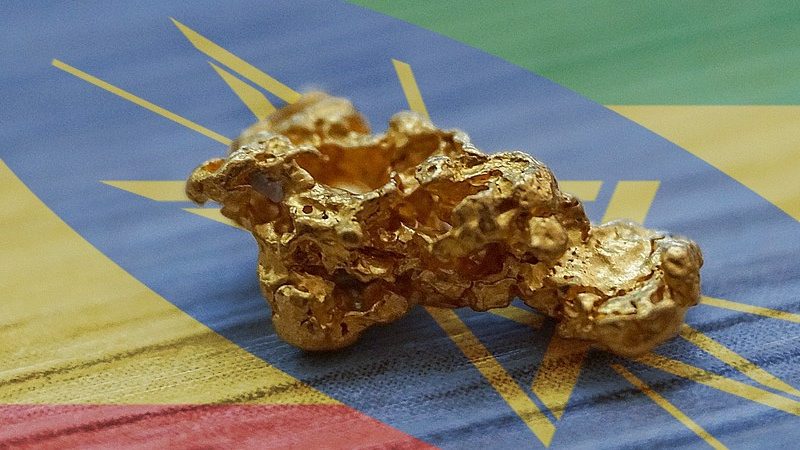Ethiopia planned to earn $4.8 billion from exports in the 2023/24 fiscal year.
However, according to the Ministry of Trade and Regional Integration, the country has announced that it has earned $3.8 billion from exports, falling short of its target by $1 billion.
The earned income represents a 4.6 percent or $166 million increase over the $3.64 billion earned in the previous fiscal year.
The agricultural sector accounted for the largest share of this income, contributing 76 percent, followed by manufacturing, electricity, and other sectors.
Over the past 12 months, Ethiopia has imported more than 3 million metric tons of fuel for local consumption.
During the same period, the country has also attracted approximately $4 billion in foreign direct investment (FDI).
Ethiopia’s investment commissioner, Hana Araya Selasie, reported that the country attracted $3.8 billion in FDI in the 2023/24 fiscal year.
Out of 329 investment projects, 227 were brought to Ethiopia by foreign investors, with the remainder being joint ventures and local investors.
This year’s FDI represents an 11 percent increase over the previous year. The commissioner also noted that the goal for the next fiscal year is to attract $4.5 billion in FDI.
Despite these positive developments, several key foreign trade sectors, including coffee, minerals, flowers, vegetables, and fruits, have experienced a decline.
Factors contributing to this decrease include illegal trade, rising security problems within the country and abroad, and other external challenges.
Adugna Debala, the Director-General of the Coffee and Tea Authority, stated that Ethiopia had planned to earn $1.7 billion by exporting 350,000 tons of coffee in the 2023/24 fiscal year.
However, the actual performance was $1.4 billion from exporting 298,000 tons of coffee. He noted that disruptions in coffee exports to European countries, particularly due to Red Sea tensions and Houthi militant attacks, significantly impacted the earnings.
According to the Director-General, coffee trade was halted for three days following an attack by Houthi militants on an MSC ship transporting coffee to Europe.
This disruption prevented Ethiopia from achieving its expected coffee trade income. The director added that the ongoing threat posed by Houthi militants could lead to additional costs for traders, including storage fees at ports and higher expenses for air transport of coffee.
Despite these challenges, Ethiopia exported its coffee products to 65 countries in the 2023/24 fiscal year, with 21 percent of the total coffee exported going to Saudi Arabia.
Other major destinations for Ethiopian coffee include the United States, Germany, Belgium, China, Japan, and the United Arab Emirates.
